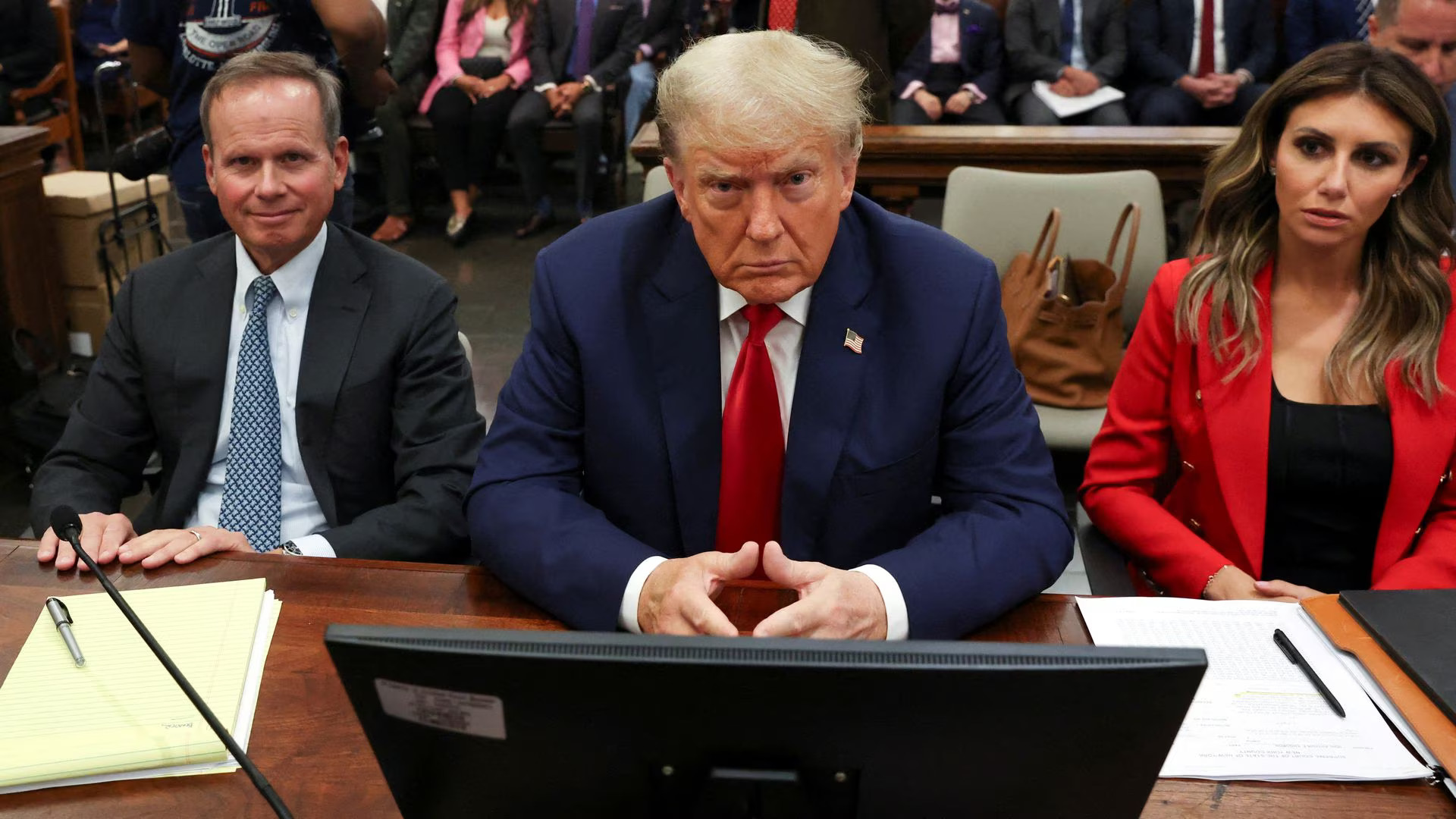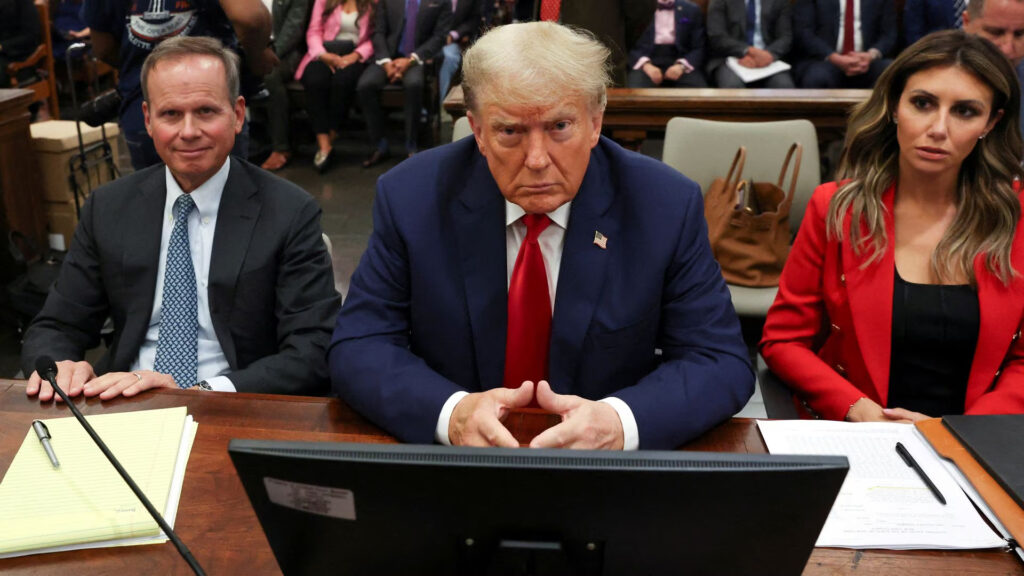United States
Trump’s Trial: Gag Order, Super Tuesday, And Legal Battles


Trump’s Trial: As a result of the very rough 2020 U.S. Presidential Election, former President Donald Trump was put in a tricky legal situation. This article details the dramatic events that have happened in this case, especially the gag order that was placed on Trump. Special Counsel Jack Smith asked for this legal measure, which limits what people involved in a trial can say publicly because he was worried about statements that could hurt the case.
We talk about what this gag order means, the controversy it has caused, and the specifics of the trial, including the interesting fact that it started on Super Tuesday. As Trump continues to deal with multiple legal challenges and his bid for president, the balance between free speech rights and the fairness of the legal system is closely watched.
Trump’s Trial: The Gag Order
The “Gag Order” is a crucial part of the ongoing legal case about whether or not former President Donald Trump tried to rig the 2020 U.S. Presidential Election. As a result of Judge Tanya Chutkan’s legal maneuver, Trump is not allowed to make public comments or statements that could affect the trial or its participants.
Special Counsel Jack Smith, who is in charge of the investigation into Trump’s actions, said that the former president’s public comments, which included insults against prosecutors and witnesses, could hurt the trial. This part of the article details the gag order, what it means, and how it helps ensure the legal process is fair and unbiased.
Trump’s Response
When the gag order was implemented, Donald Trump’s response was nothing less than hostile. It was essential to the former President that he had the right to free speech. He said using “colorful language” was expected in the rough world of politics. Even though the law limited what Trump could say publicly, he loudly insisted that since he was running for president again, he should be able to “speak truth to oppression.” When Judge Tanya Chutkan pushed back, she made it clear that as a criminal defendant, Trump did not have complete freedom to say and do what he pleased. This led to a heated legal standoff.
Read Also: Kenneth Chesebro’s Guilty Plea: Georgia Election Subversion Case and Trump’s Defense
Implications And Controversy
The gag order put on Donald Trump in his case of meddling in the 2020 election has severe effects and has caused much controversy. It is essential to understand how this legal measure balances protecting the right to free speech with upholding the integrity of the legal process.
On the one hand, the gag order is significant for ensuring fair court cases. It tries to keep people from being biased by limiting public comments. This includes jurors, prosecutors, and court staff. Holding the trial neutral and fair is necessary, given how controversial the issue is and how strongly people feel about it.
On the other hand, the gag order is controversial because it goes against basic ideas of free speech. Some say these charges can violate a person’s constitutional rights, especially if they run for office like Trump. Much heated debate has been going on about the thin line between protecting legal proceedings and respecting political speech.
This controversy has effects that go beyond this case. It makes us think about how the legal system should handle cases involving well-known politicians. The gag order is a critical and closely watched topic because it sets a standard for how courts will address similar issues in the future. Since the trial is ongoing, its effects and the ongoing debate about them will continue to shape the law and public opinion.
Trial Details

The specifics of the trial in the 2020 election meddling case involving former President Donald Trump are exciting and essential. The problem is set to start on March 4, which is also Super Tuesday, a significant day in the Republican presidential primary. This timing complicates things since Trump is still interested in politics and is currently the favorite to become president in 2024.
This date makes the trial even more important because the outcome could significantly affect Trump’s chances in the next presidential election. His legal problems and political goals simultaneously make for this court case’s exciting and tense background.
Also, the case of meddling in the 2020 election is just one of many judicial issues Trump has to deal with. That’s 91 crime charges against Trump, and three more trials are coming next year. He has a lot of cases going on, and each one affects his future in politics and his personal life.
When the hearing starts on March 4, people worldwide and the country will be very interested in how these issues are dealt with. This is because what happens could significantly impact Trump’s political future and politics in the United States as a whole. The unique way that legal and political events have come together in this trial makes it an essential part of history.
Trump’s 2020 election tampering lawsuit resulted in a gag order. In the 2020 U.S. Presidential Election, legal disputes have changed significantly. Individuals argue about balancing free expression and legal process integrity as the trial date approaches. The trial starts on Super Tuesday, so its conclusion might affect Trump’s electoral aims and American politics. The nation waits to learn how the court case will finish this crucial period in U.S. history.












You must be logged in to post a comment Login